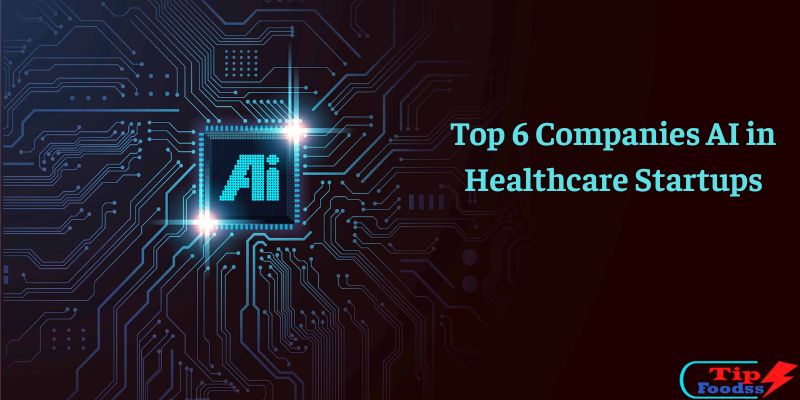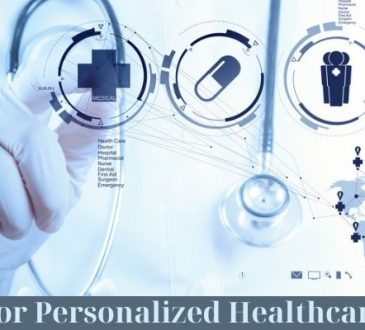Top 6 Companies AI in Healthcare Startups
While the term “artificial intelligence” might conjure images of futuristic robots, field AI in healthcare startups is actually the new frontier of health care. In this article, tipfoodss.com will discuss top 6 companies AI in healthcare startups.
Contents
How AI helps health care
AI has a wide range of potential uses in the medical field, from imaging and medication research to patient care and insurance.
Precision medicine takes into account a person’s genetic makeup, environment, and lifestyle to deliver tailored care and treatment. When there is not enough time to create a new treatment from scratch, situations like public health emergencies call for the employment of therapeutic science, which repurposes currently accessible drugs for other uses.
AI can also assist with simpler tasks: Administrative duties, which can be facilitated through automation, account for 30% or more of health care costs.
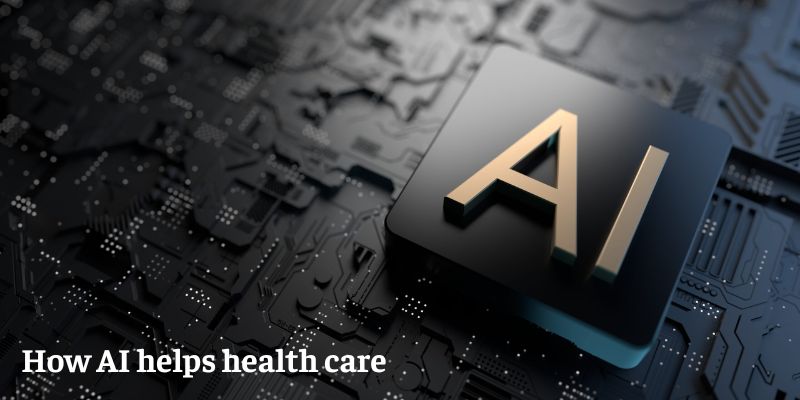
Additionally, because machine learning can carefully evaluate more data than human healthcare specialists, it gives AI technology an advantage in the early diagnosis of diseases.
For instance, a brand-new Johns Hopkins University system diagnoses sepsis hours sooner than conventional techniques and lowers the risk of patient death by 20%. Sepsis, which is often caused by an infection, is simple to overlook in a busy emergency room since it manifests symptoms like confusion and a fever that are frequent and confusing.
The AI system at Johns Hopkins analyzes a patient’s medical background, present symptoms, and most recent lab results to alert healthcare professionals when a patient is at danger for sepsis.
AI can assist in the creation of drugs and the search for treatments for rare diseases outside of the emergency room. Healx, a UK-based firm, utilizes AI to match approved medications with rare disorders they may be able to treat.
AI technologies can also assist with early diagnosis, imaging, emergency call triage, and many other things.
6 Companies AI in Healthcare Startups
While there are 100+ of AI in healthcare startups, these 6 companies are paving the way with groundbreaking research and technology.
1. Arterys – Companies AI in Healthcare Startups
In 2017, Arterys became the first company to be given permission by the Food and Drug Administration to use deep learning and cloud computing in a clinical setting.
The business set out to solve a specific issue: it sought to make it easier for professionals to diagnose cardiac abnormalities in infants and children.
Diagnoses are no longer a problem thanks to the imaging technique known as 4D Flow MRI, but hospital image-archiving servers were unable to handle the output’s high file sizes.
To solve this, Arterys used cloud computing to provide hospital radiologists with access to 4D Flow images via a web browser, allowing them to choose potentially life-saving treatments.
The business utilized deep learning with cloud computing GPUs to automatically measure heart ventricles after seeing that providers were still measuring the size of the ventricles by hand.
The business is currently working to give radiologists across specialties automatic, accurate measures by using the technology, among other things, to study malignancies, the liver, and the brain.
2. Butterfly Network – Companies AI in Healthcare Startups
A variety of diseases, including blood clots, gallstones, and malignant tumors, can be diagnosed by ultrasound. Underserved communities around the world lack medical imaging because high-range ultrasound devices cost a startling $100,000 or more.
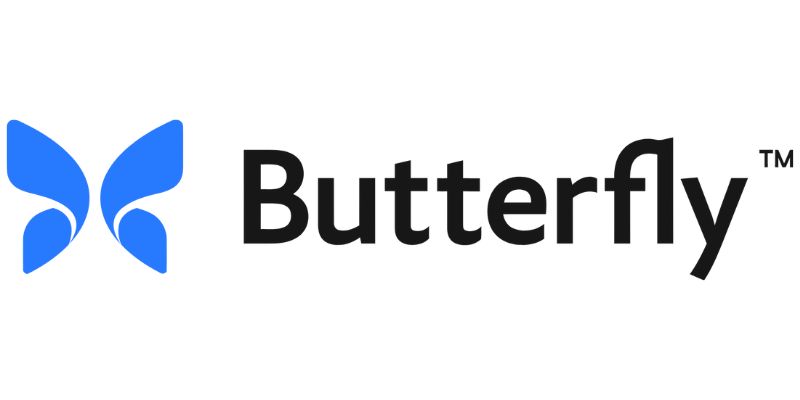
Butterfly Network has created the first portable whole-body imager to close the gap. The tiny probes may be carried to even the most remote places and connect to cellphones to display imagery. It works in tandem with AI technology, which can interpret data just as precisely as a human doctor.
3. Caption Health – Companies AI in Healthcare Startups
With an emphasis on early disease identification, Caption Health is enhancing patient care by increasing the accessibility of ultrasound technologies.
It takes special training to become proficient in ultrasound technology, which might be challenging. Images of poor quality might lead to incorrect diagnoses and missed opportunities for treatment. By utilizing AI, Caption Health is able to grade image quality and guide clinicians through the imaging procedure.
This enables any medical professional, regardless of their level of experience, to do an ultrasound and interpret the findings. While effort is being done to build AI guidance for lung ultrasounds, the technology is now concentrated on cardiac ultrasounds.
4. Cleerly – Companies AI in Healthcare Startups
The AI-based platform of this digital health care startup works with coronary computed tomography angiography (CCTA) imagery to assist medical professionals in diagnosing and treating heart disease earlier.
Rather to using more ambiguous indicators like symptoms and risk factors, precisely measures the plaque formation on the heart’s arteries. Clinicians may be able to more precisely assess a patient’s risk of heart attack because to the technology’s capacity to examine and define various forms of plaque.
5. CloudMedX – Companies AI in Healthcare Startups
Using predictive analytics, the computing platform CloudMedX accelerates clinical procedures and enhances patient outcomes.
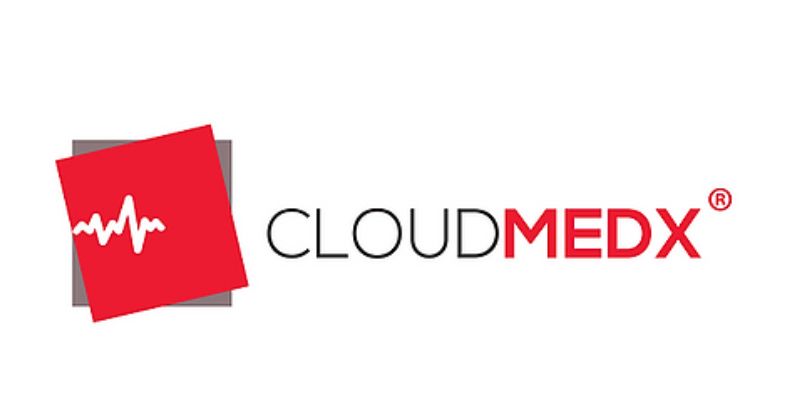
AI is used to gather data and create comprehensive portraits of people and groups. Health care providers may discover everything they require in one location thanks to the single, unified data platform, which has functionalities spanning from operational to clinical and financial.
By analyzing medical data and producing risk assessment ratings, the company’s predictive health care models may forecast illness progression and evaluate the possibility that patients would experience complications.
6. Corti – Companies AI in Healthcare Startups
Clinicians can get assistance with quality control via Corti’s voice-activated digital assistant.
Thousands of hours of conversations and consultations with actual patients were used to train the AI. Through its own speech recognition and language processing technology, it listens alongside healthcare professionals as patients are being seen.
The application of AI tools can improve patient flow and triage on nursing call lines, as well as sorting and directing incoming emergency calls at hospitals. Additionally, it can be utilized for post-call quality assurance and call support.

